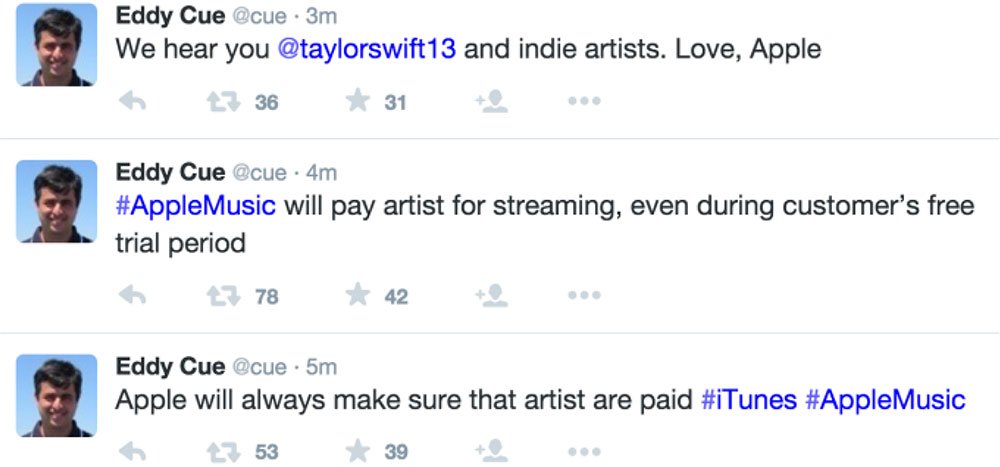‘We are actively looking into the matter and will comment as soon as we have more information’ or our personal favourite: “You haven’t lived until you’ve tried this organic chickpea and kelp salad…’. Does this sound familiar?
Consumers are smart, and they’re getting smarter by the day. We’re bombarded with what experts claim to be up to 10,000 marketing messages in a single day and in the digital age we’re living in, this exposure has led us to distinguish organic, truthful content from a binding contract disguised in the form of unnatural enthusiasm towards a certain brand’s offering. Now pair this with the significant time we’ve spent reflecting on our buying-behaviour during the pandemic and you have one conscious consumer who very carefully considers which brand deserves their hard earned money.
Why does this matter? The dishonest marketing efforts we’re faced with has led to consumers craving clarity and truth – a refreshing relief that will without a doubt count in any brands favor to build equity in their market category. Consumer loyalty is a crucial ingredient in building equity for your brand and you can’t achieve that connection if your consumer doesn’t trust you. We’re not talking about your agency’s community manager nor the influencers you contracted, but you – the brand.
When KFC was forced to close more than two-thirds of their UK branches due to stock shortages caused by a rather swift change of suppliers in 2018, their marketing team had no choice but to own up to it. The launch of their brilliant ‘FCK’ campaign established them as a brand that’s human and that can admit when they’ve made a mistake. They also unintentionally established transparency as the new solution to crisis management and their sales completely took off once they got their “chickens” in a row.

Back in 2015, Taylor Swift boycotted Apple Music for offering a free three-month trial to their subscribers without paying the artists their royalties – cleverly withholding the release of her album, ‘1989’. Instead of a generic PR response to the press, Apple’s Senior VP, Eddy Cue, responded to the artist directly on Twitter with an apology and an announcement that Apple would make sure that the artists are paid. Another great brand move – acknowledging a flaw in their business model and addressing it on a platform where everyone can see.

The human element of your brand, the part your consumers connect with and contributes to favorable brand equity, can also be seen in the consistency of your brand values. Something consumers are exposed to daily are brands’ responses to topical events or sociopolitical issues. Although it’s important for your brand to have a voice, your consumers want to hear what your brand stands for that others don’t. However, carefully consider what the consistent values are that your brand represents and make sure you stick to them. This is what consumers want to see before they can connect and become loyal to your brand.
Here are 4 ways you can build and maintain a transparent and relatable brand:
Focus on building brand equity. Before anything, your offering should form the foundation of your brand. Even before considering your marketing mix – you should define and know what the unique consumer need is that your product or service is addressing to form an initial connection. From here, you can strengthen your equity in the market through your brand identity, building awareness and achieving loyalty. If your offering is not the Best, Suited for Everyone, Chemical-Free or 100% Sustainable, then these are claims you want to stay away from when defining your honest USP and positioning in the mind of your consumer.
Be authentic and consistent. What are the unique, focused values that your brand is built on? The British cosmetics brand Lush not only prides itself on innovation and creating cruelty-free product categories for different needs but they’re also vocal and actively campaigning for human rights, the rights of animals as well as environmental protection. They have not wandered from this path and for that, they’ve achieved an immense loyal following.
Put a face to the brand. This will not only benefit your brand recognition and recall, but it will also assist in making your brand more human and relatable. Consumers know you have a team on standby to respond to a sticky situation but as a brand with your own set of values, what’s your honest opinion and importantly, what do you even look like?
Be honest and open to receiving feedback. By now, consumers can sniff out and identify a cover-up from miles away. You want your brand to be considered an honest one that’s open to admitting a mistake. We’re all human, we make mistakes and hopefully we learn from them. Remember that your consumers crave perception, not deception. The latter will eliminate any chances you had of obtaining a loyal consumer and most likely start a riot on social media.
Remember that your brand is so much more than a corporate identity. Your brand is the consumer-facing personality behind your offering, and we mean that in a very human sense. What this personality type is should be carefully considered during the development of your brand and it should always remain consistent. Be human and be honest – this will allow your consumers to connect with you and stay loyal for years to come.



